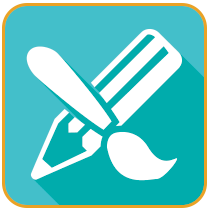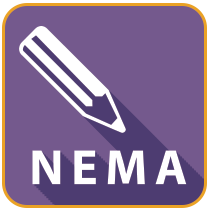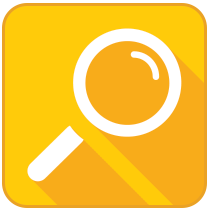NEBRASKA KIDS - GET READY
You can help your family be ready for an emergency by creating your own family emergency plan. Before an emergency happens, hold a family meeting to decide how you will get in contact with each other, where you will go and what you will do during an emergency.
- Fill out the Family Emeregency Plan Worksheet and place a copy in your family disaster supply kit and on the refrigerator in your kitchen.
- Create an emergency wallet card with information on what to do in an emergency. Keep one in your backpack.
- Replace batteries, not only in your smoke detector but also in your NOAA Weather Radio in the spring and fall when Daylight Saving time changes.
- Take first aid, CPR and disaster preparedness classes through your local American Red Cross chapter.
Ready.gov for Kids
FEMA's Ready for Kids provides fun online games and activities that build knowledge in a wide range of disaster preparedness topics. Play Disaster Master to learn great tips for personal preparedness and then go on a mission to Build a Kit with Gayle and her friends. Check out the other resources below:
Words to Know
Disaster: an emergency that causes great harm to people or an area.
Emergency: a time when something serious happens and immediate help is needed.
Emergency Kit: a disaster supplies kit is simply a collection of basic items your household may need in the event of an emergency.
Four Phases of Emergency Management:
- Mitigate:
- Prevent future emergencies or minimize their effects by activities that prevent an emergency, reduce the chance of an emergency happening or minimize the effects of unavoidable emergencies.
- Preparedness:
- Make plans to handle an emergency.
- Response:
- Actions during and emergency to save lives and prevent further property damage.
- Recovery:
- Actions taken to return to normal or an even safe situation following and emergency.
Watch: conditions are right for dangerous weather. In other words, a "watch" means watch out for what the weather could do, be ready to act.
Weather Radio: A NOAA weather radio is one of the best ways to stay tuned-in to dangerous weather. These radios receive broadcasts from the National Weather Service.
 Coloring Page
Coloring Page Crossword
Crossword Wordsearch
Wordsearch